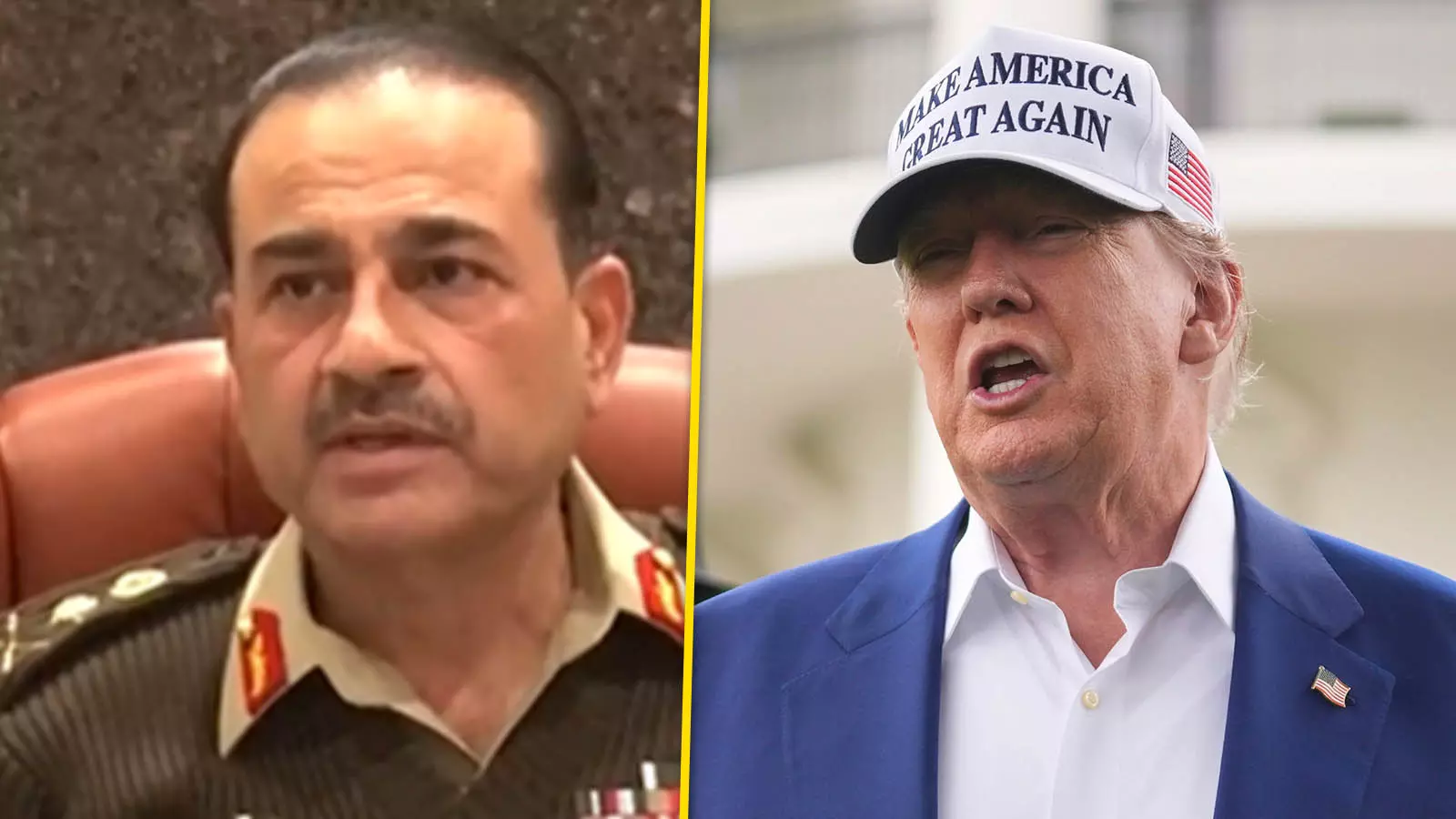
- Home
- India
- World
- Premium
- THE FEDERAL SPECIAL
- Analysis
- States
- Perspective
- Videos
- Sports
- Education
- Entertainment
- Elections
- Features
- Health
- Business
- Series
- In memoriam: Sheikh Mujibur Rahman
- Bishnoi's Men
- NEET TANGLE
- Economy Series
- Earth Day
- Kashmir’s Frozen Turbulence
- India@75
- The legend of Ramjanmabhoomi
- Liberalisation@30
- How to tame a dragon
- Celebrating biodiversity
- Farm Matters
- 50 days of solitude
- Bringing Migrants Home
- Budget 2020
- Jharkhand Votes
- The Federal Investigates
- The Federal Impact
- Vanishing Sand
- Gandhi @ 150
- Andhra Today
- Field report
- Operation Gulmarg
- Pandemic @1 Mn in India
- The Federal Year-End
- The Zero Year
- Science
- Brand studio
- Newsletter
- Elections 2024
- Events
- Home
- IndiaIndia
- World
- Analysis
- StatesStates
- PerspectivePerspective
- VideosVideos
- Sports
- Education
- Entertainment
- ElectionsElections
- Features
- Health
- BusinessBusiness
- Premium
- Loading...
Premium - Events

The military will surely use Trump’s largesse to strengthen its standing vis-à-vis the govt of Shahbaz Sharif who is one of the weakest prime ministers in contemporary Pak history
There is something thoroughly distasteful in the manner US President Donald Trump has rolled out the red carpet for General Asim Munir, Pakistan’s military chief and the country’s unelected but de facto ruler.
You don’t have to be a Pakistani or Trump critic to grieve over the stinging blow the US president has dealt to democratic forces in Pakistan by hosting a general who oversaw the brazen rigging of the last general election and has since ensured that former Prime Minister Imran Khan remains in jail.
Also read | US calls Pak 'phenomenal partner': Is it not setback for India? Congress asks PM
It doesn’t matter if the Trump-Munir meeting was necessitated by Washington’s hunger for Pakistani bases in the context of the Iran-Israel war or more; the Trump-Munir talks also can’t be justified on the presumption that a decision on air bases can be taken in Islamabad only by its military chief who has the final say on issues related to vital strategic matters.
Dismay in Pakistan
Indeed, the optics of a US president meeting for the first time a Pakistani military chief, who neither heads the state nor was accompanied by any member of the civilian government, has caused widespread dismay in Pakistan. All the previous military strongmen in Pakistan – Ayub Khan, Zia ul-Haq and Pervez Musharraf – called on US presidents after they came to head the government, even if you ignore the means they used to get to the top.
Trump threw caution to the wind as he invited Munir for a five-day visit. His closed-door meeting with Munir at the Cabinet Room in the White House took place for two hours, much beyond the one hour it was supposed to last. Even Pakistan’s ambassador to Washington was kept away. But present at the venue was Lt Gen Asim Malik, Pakistan’s top intelligence official who doubles as the National Security Adviser.
Without a doubt, the meeting will radically reset the civil-military relations in Islamabad which at the best of times are hugely imbalanced. While it is given that the last word on foreign policy and strategic issues will be taken by the military, the civilian government had a certain amount of say (for whatever the worth) and was never shoved aside by the military. That has happened now.
Pak army’s standing
The Pakistani military will surely use Trump’s largesse to strengthen its standing vis-à-vis the government of Shahbaz Sharif who is undoubtedly one of the weakest prime ministers in contemporary Pakistani history. With Nawaz Sharif’s wings clipped and Imran Khan in prison, Shahbaz has been shown his place in the Pakistani hierarchy, courtesy Trump. Irrespective of how the Pakistani political leaders react publicly, the Trump-Munir confabulation is bound to create disillusionment in Pakistan’s democratic and civil society.
Also read | Why India-Pak truce brings little cheer as uncertainty looms large
It was only seven years ago that Trump accused Pakistan of giving the US “nothing but lies and deceit” and charged it with providing safe havens for terrorists. Former US President Joe Biden went to the extent of calling Pakistan “one of the most dangerous nations”. The killing of Al Qaeda chief Osama bin Laden at Abbottabad, near Rawalpindi, marked a new low in US-Pakistan ties even if one accepts the conspiratorial theory that the Pakistani military colluded with the CIA in the kill while pretending to be surprised. After all, the Pakistani intelligence set-up has given up scores of Afghan and Pakistani terrorists it had mentored when it felt that handing them over to the Americans would fetch it bigger rewards.
Warming up to Munir
Irrespective of what emerges from the Trump-Munir meeting and whether the redefining of diplomatic protocol will be permanent or temporary (as in the past), the damage done to the democratic forces in Pakistan is immense. In one stroke, Trump has trumpeted that it is the military that matters in Pakistan, election or no election, rigging or no rigging. While the distrust between the White House and the Pakistan military will dramatically decline after a long time, misgivings will deepen between those who pine for genuine democracy in Pakistan and a military disdainful of civilian leadership.
Warming up to Munir is of course not as big a crime as was committed by the US administration in 1971 when it tightly embraced Pakistan even after it became more than clear that its military was on a bloody rampage in what was then East Pakistan and which eventually became Bangladesh. The reason: Richard Nixon and Henry Kissinger wanted Yahya Khan to open a window to Maoist China. The White House has never felt guilty over solidly backing blood-thirsty dictators, military or civilian, in Third World countries even as American leaders railed against governments seen as too independent for Washington’s liking.
Blow for India, PM Modi
The dramatic development in Washington has come as a shock to India and its muscular Prime Minister Narendra Modi who was under the deeply flawed impression that Trump was a friend – and so will always have his (Modi’s) interests at heart. Decades of blind criticism of the Congress and its leaders over foreign policy made the BJP and Hindutva ideologues overlook that the US, in the final analysis, will never dump Pakistan and that ties between the military-intelligence set-ups in Washington and Islamabad run too deep.
Also read | How two Asims brought their country Pakistan to the brink of war
Unlike India, Pakistan’s military brass has become an expert in shaking hands with Islamic hardliners, the democratic West and communist China, all at the same time. In the process, and combined with its nuclear status, a country not even the size of northern India exhibits a clout far more than its physical and economic weight can rationally command.
The US might try to undo some damage caused to Pakistan by symbolically inviting Shahbaz Sharif to Washington – at least for a photo opportunity. At the same time, Trump will keep parroting goody-goody things about Narendra Modi – for obvious reasons. One hopes the Indian leader will not fall for the American trap just to score brownie points against his domestic political foes.
(The Federal seeks to present views and opinions from all sides of the spectrum. The information, ideas or opinions in the articles are of the author and do not necessarily reflect the views of The Federal.)


